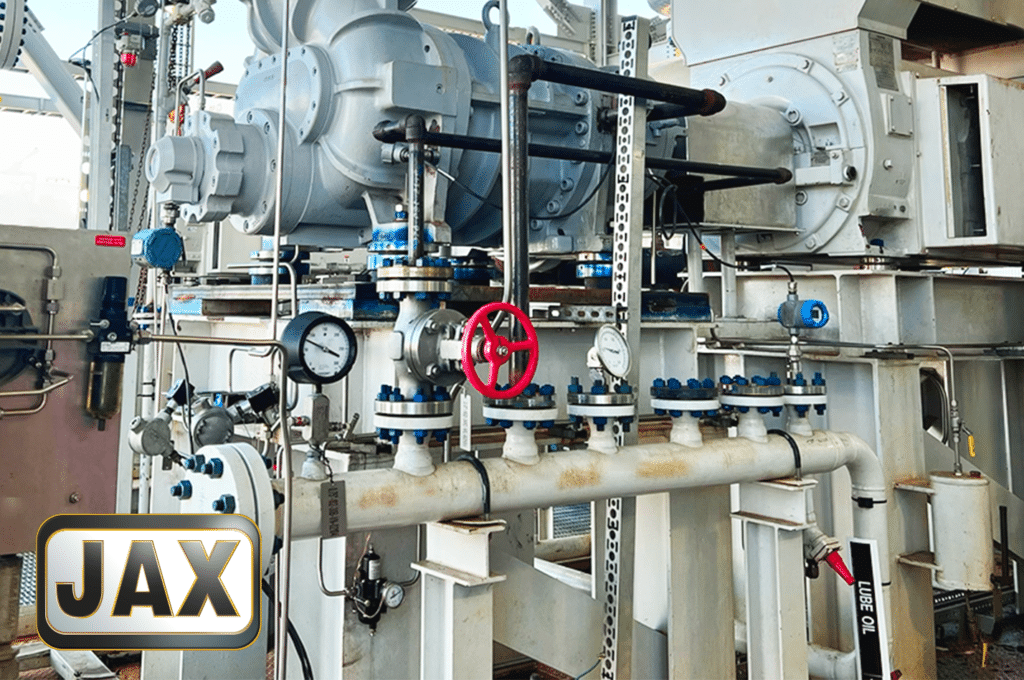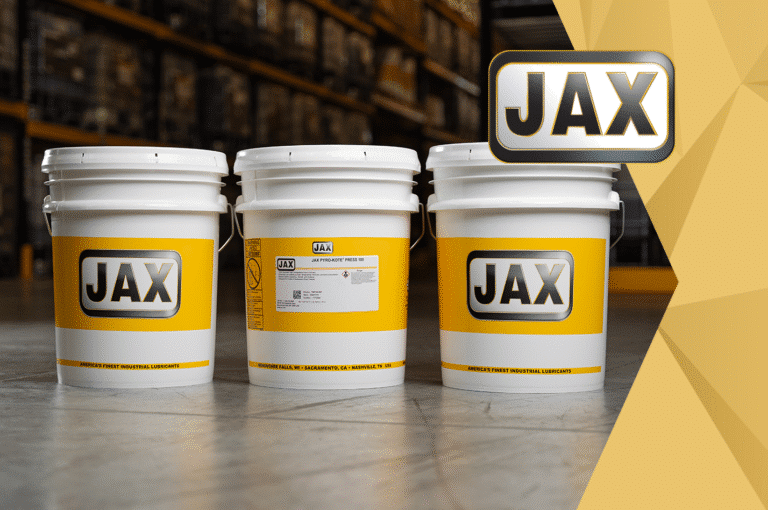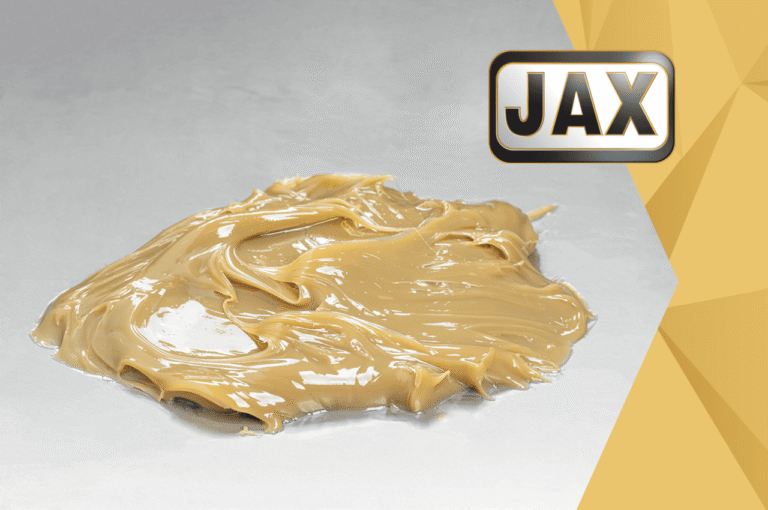What is Vacuum Pump Oil?
Vacuum pump oil is a specially formulated lubricant designed to meet the demanding requirements of vacuum pumps. It provides the necessary lubrication to reduce friction and wear between moving parts, helps to seal the system to maintain the desired vacuum level, and assists in the removal of contaminants from the system. The oil must be able to withstand the high temperatures and pressures typically encountered in vacuum pump operations.
Types of Vacuum Pump Oil
There are several types of vacuum pump oil, each with its own set of characteristics and applications. The most common types include:
- Mineral Oil: This is the most commonly used type of vacuum pump oil. It is cost-effective and suitable for general-purpose applications. However, it may not perform well under extreme conditions.
- Synthetic Oil: Synthetic vacuum pump oils are engineered to provide superior performance in extreme temperatures and pressures. They offer better thermal stability, oxidation resistance, and longer service life compared to mineral oils.
- PFPE (Perfluoropolyether) Oil: PFPE oils are highly specialized and used in applications where chemical inertness and high thermal stability are required. They are ideal for processes involving aggressive chemicals or high temperatures.
- Silicone Oil: Silicone-based vacuum pump oils are known for their excellent thermal stability and low vapor pressure. They are suitable for high-temperature applications and provide long-lasting performance.
Choosing the Right Vacuum Pump Oil
Selecting the right vacuum pump oil depends on several factors, including the type of vacuum pump, operating conditions, and the specific requirements of your application. Here are some key considerations:
- Compatibility: Ensure that the oil is compatible with the materials used in your vacuum pump and the process gases or vapors it will encounter.
- Viscosity: Choose an oil with the appropriate viscosity for your pump’s operating temperature range. The viscosity affects the oil’s ability to lubricate and seal the system effectively.
- Vapor Pressure: Select an oil with a low vapor pressure to maintain the desired vacuum level and prevent contamination of the system.
- Thermal Stability: Consider the thermal stability of the oil, especially if your pump operates at high temperatures. Synthetic oils and PFPE oils generally offer better thermal stability.
- Oxidation Resistance: Look for oils with good oxidation resistance to prevent the formation of sludge and varnish, which can impair pump performance.
Maintenance and Best Practices
Proper maintenance of your vacuum pump and its oil is essential for ensuring long-term performance and reliability. Here are some best practices:
- Regular Oil Changes: Follow the manufacturer’s recommendations for oil change intervals. Regular oil changes help remove contaminants and maintain the oil’s effectiveness.
- Monitor Oil Levels: Regularly check the oil levels in your vacuum pump to ensure they are within the recommended range. Low oil levels can lead to inadequate lubrication and potential damage to the pump.
- Keep the System Clean: Ensure that the vacuum pump and its surroundings are kept clean to prevent dirt and debris from contaminating the oil and the pump’s internal components.
- Use the Right Oil: Always use the recommended type of vacuum pump oil for your specific pump model. Using the wrong oil can lead to reduced performance and potential damage.
- Monitor Operating Conditions: Keep an eye on the operating conditions of your vacuum pump, including temperature and pressure. Extreme conditions may require more frequent oil changes or the use of specialized oils.
Common Issues and Troubleshooting
Even with proper maintenance, you may encounter issues with your vacuum pump. Here are some common problems and troubleshooting tips:
- Oil Contamination: If you notice that the oil appears dirty or has a milky appearance, it may be contaminated with water or other substances. Perform an oil change and investigate the source of contamination.
- Excessive Noise: Unusual noises from the vacuum pump can indicate inadequate lubrication or mechanical issues. Check the oil level and condition, and inspect the pump for any signs of wear or damage.
- Poor Vacuum Performance: If the pump is not achieving the desired vacuum level, it could be due to inadequate oil, leaks, or worn components. Check for leaks in the system and ensure that the oil is at the correct level and in good condition.
- Overheating: If the pump is running hot, it may be due to insufficient lubrication, excessive load, or restricted airflow. Ensure that the oil is at the correct level and in good condition, and check for any obstructions in the cooling system.
Understanding the unique demands of each application and taking the right measures helps to safeguard your vacuum pump against wear, corrosion, and operational inefficiencies. By choosing the right vacuum pump oil, you can protect your equipment and extend its service life.
If you have questions about selecting the right vacuum pump oil for your unique application or need assistance troubleshooting, reach out on our website, or contact your local representative. Knowing the different types of vacuum pump oil and their specific uses can significantly enhance the performance and longevity of your vacuum pump.







